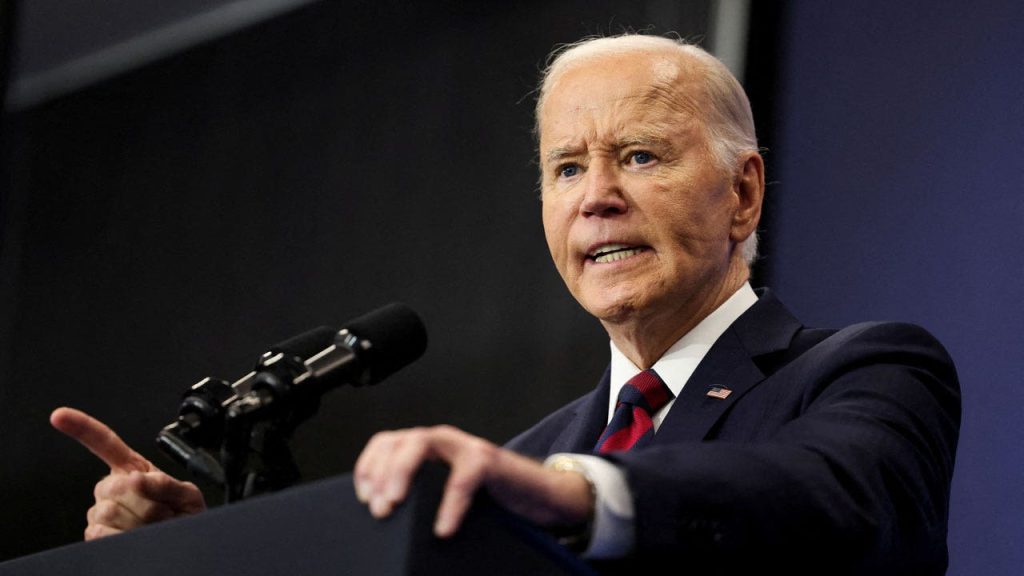President Biden has commuted the sentences of 37 federal death row inmates, effectively changing their punishments to life imprisonment without parole. This significant action, announced just two weeks after the largest single-day clemency grant in US history, leaves only three inmates on federal death row: Robert Bowers, the perpetrator of the 2018 Tree of Life Synagogue massacre; Dylann Roof, the white supremacist responsible for the 2015 Charleston church shooting; and Dzhokhar Tsarnaev, convicted for the 2013 Boston Marathon bombing. The commuted sentences pertain to individuals convicted of a wide range of murders, including the killings of law enforcement officers, children, and fellow inmates. Some of the inmates were scheduled for execution alongside their co-defendants. Biden’s decision stems from his stated stance against capital punishment except in cases of terrorism and hate-motivated mass murder. He aims to prevent the resumption of executions under a new administration, aligning with his 2021 moratorium on federal executions.
The 37 inmates whose death sentences were commuted represent a diverse range of offenses. Their crimes include carjackings, murders related to drug trafficking and gang activity, the killing of witnesses in official investigations, and murders committed within the prison system. Several inmates were convicted for their roles in bank robberies that turned deadly, resulting in the deaths of bank employees and law enforcement officers. Others were involved in kidnapping and murder, including the tragic case of a 12-year-old girl. One inmate, a former Marine, was sentenced to death for killing another service member. The list also includes individuals convicted of orchestrating multiple murders, including an arson attack that claimed the lives of six family members of a federal informant.
The commutations encompass various circumstances involving co-defendants, some of whom have already been executed, while others await their fate. Among the crimes represented are drug-related killings, murders committed on federal land, and the kidnapping and murder of immigrants for ransom. The cases underscore the complex and often tragic nature of the crimes that led to these individuals being placed on death row.
This latest act of clemency builds upon a series of similar moves by President Biden, who has now pardoned 65 individuals and commuted the sentences of 1,634 inmates. These actions have generated mixed responses from lawmakers and the public, with some praising Biden’s commitment to reducing the use of capital punishment and others criticizing the extent of his clemency grants. Earlier this month, Biden commuted the sentences of nearly 1,500 prisoners placed on home confinement during the COVID-19 pandemic and pardoned 40 others, fueling further debate.
Biden’s approach to clemency has outpaced that of recent presidents, drawing both support and opposition. Advocates of his actions, including former corrections officials, commend his courage and the message his decisions send about the death penalty. They argue that these commutations not only offer second chances but also contribute to the safety of correctional staff who would otherwise be involved in carrying out executions. Critics, however, express concerns about the potential risks associated with releasing convicted murderers back into society, even with life sentences without parole.
President Biden acknowledges the heinous nature of the crimes committed by the inmates whose sentences he has commuted, expressing sympathy for the victims and their families. However, he remains steadfast in his conviction that capital punishment should be reserved for the most extreme cases of terrorism and hate-motivated mass murder. He intends to continue reviewing pardon and commutation requests during the remaining weeks of his presidency, signaling a continued focus on clemency as a tool for addressing issues of justice and fairness within the criminal justice system.


